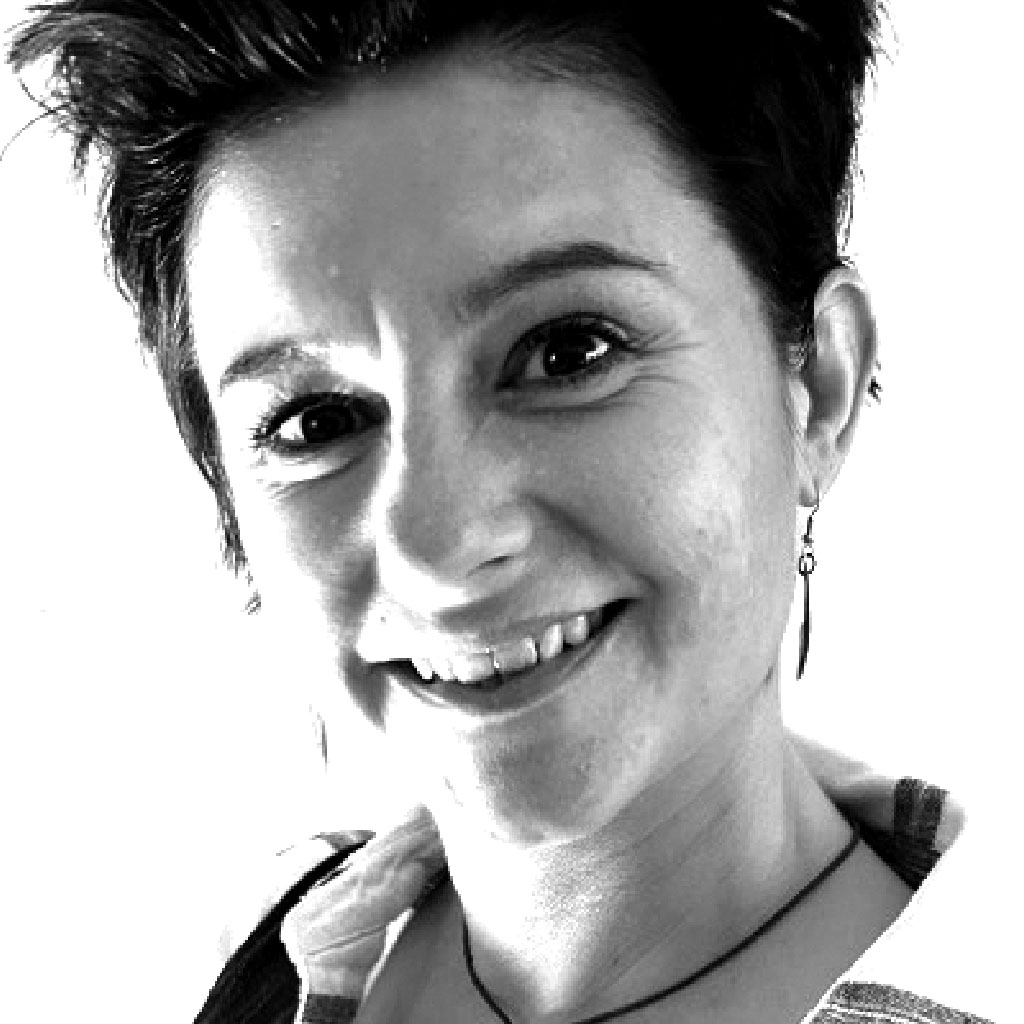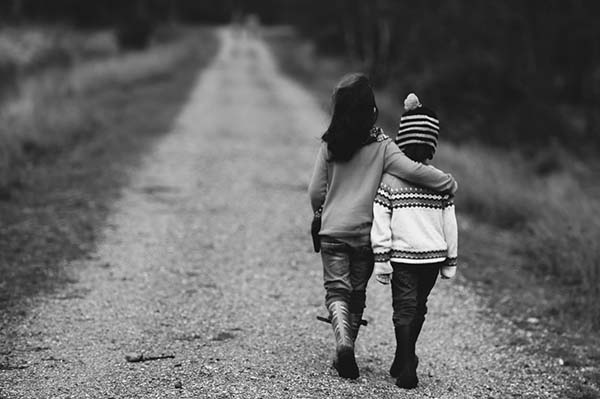
Jo
07305890303
[email protected]
Instant Availability please call before booking
Jo is an accomplished Integrative Counsellor holding a BA (Hons) and a progression of diplomas culminating in a Level 5 Foundation Degree in Counselling & Psychotherapy. Her eclectic therapeutic approach draws from a spectrum of methodologies, ensuring personalized support for each individual's needs. Jo's practical expertise extends to facilitating 'Nature & Nurture' support groups, aiding young people and their parents through emotional challenges by integrating the healing aspects of nature into therapy.
Her work also spans to support for those with learning and neuro-diverse conditions in forensic rehabilitation settings. Committed to professional excellence, Jo continuously updates her skills and maintains membership with the BACP, reflecting her adherence to stringent training and ethical standards.

Rebecca
07305890303
[email protected]
Instant Availability please call before booking
Rebecca is a compassionate mental health professional, specialising in counselling for issues like social anxiety, depression, and relationship challenges. With a focus on personal growth and behavioural change, she has experience in lifespan theories and has navigated the emotional aspects of parenthood.
Rebecca utilises multiple therapeutic approaches such as Humanistic, CBT, and CFT, tailoring her methods to each client's unique needs. She currently offers online sessions via Microsoft Teams, and over the phone. Actively expanding her skills, Rebecca is training in telephone counselling and plans to introduce Walk and Talk therapy.
Child Therapy
Child therapy is a specific form of therapy, used to help children who have been the victim of a traumatic experience, or are suffering from difficulties at home. With the right kind of child counselling, a child can overcome even the most trying and challenging of circumstances, taking on many issues. From anxiety to dealing with grief, therapy is usually used to help break down the problem, giving the child a better understanding of the issues that they face.
As specialists in providing insight in a way a child can understand and appreciate, child therapy plays a vital role in development within. It can help a child to evaluate the kind of help that they need, the problems they face and making sure they can get insight from someone outside of their familial circle.
In the right kind of therapy, a child can get all the help that they need to overcome familial challenges that may otherwise go unchecked. Also, it’s a vital resource for helping a child to overcome emotional issues, to ensure that their emotional and educational development can go in the right direction. Looking for London Therapy ?

Why should i look for child counselling?
There are many reasons to consider going for child counselling, not least making sure your child can maintain positive emotional and mental health. Children often have problems articulating the complexity of their emotions, making counselling a great way to help explore the inner root cause of your child’s issues.
Often, counselling is considered when a child may suffer from some kind of disorder, such as post-traumatic stress disorder or a general anxiety disorder. Counselling can work as a part of a treatment program to help your child maintain a pathway towards positive progression.
By unifying the concerns that you have with the professional knowledge of a therapist, you can give your child the help they need to overcome the problems that they face. Parents often wan to help their child alone, but if the problems prove beyond your understanding, it pays to invest in counselling.
Child counselling offers:
Typically, child counselling will address the following:
- Parental divorce.
- Death and loss of life.
- Traumatic experiences.
- Mental health issues.
- Bullying and abuse.
- Sexual assault.
- Relocation and social anxiety.
- Substance abuse or addiction.
This gives your child the help that they need to feel like they have access to assistance they can learn from, helping them to understand parts of life previously unexplained.
Does my child need counselling?
While every child is different, some of the most common signs that a child may be in need of counselling will include.
- An aggressive personality that deviates from their usual self.
- Issues with toilet habits such as incontinence.
- Problems sleeping with consistency.
- Problems sleeping with consistency.
- Difficulty in new situations and dealing with social scenarios.
- Regular anxiety, negative outlooks and fears about being outside.
- A loss of appetite and/or weight loss to noticeable levels.
- Obsessive routines that come out of the norm.
- Dark, negative thoughts – perhaps verging, or including, talk of suicide
- Discussion about inner thoughts or voices.
- Social isolation or a perpetual desire to be left alone.
- Social isolation or a perpetual desire to be left alone.
- Physical complaints despite a high standard of health.
- Use of drugs, alcohol or other narcotics.
Should you notice these problems with your child, then it might be worthwhile considering taking them to a therapist – despite the difficulty in doing so. Seeing problems with your child can be hard to accept and understand as a parent, but it’s absolutely vital that you act if you notice your child exhibiting signs of negative behaviour as above.
The aims of child counselling.
While it might seem obvious, the main aim of child counselling is to help your child come out the other side in a better place. The outcomes can vary based on the problem, though. From giving your child a new perspective on the problems they face to helping them cope with substance abuse, you can find that child counselling goals revolve around factors like:
Dealing with Anxiety. A very common part of dealing with child counselling is to help your child to deal with anxious and negative thoughts. It’s a common goal in therapy, helping your child to deal with anxious moments, talking about them, changing negative attitudes and giving them a means of being able to just talk and let their anxieties in the open.
Handling Trauma. If your child has been the victim or witness to a traumatic act, it can be a lot for them to take in. Handling trauma is a major part of child counselling, and is often used to help them move on. If you feel like your child is easily agitated or appears to be avoiding a certain place or person, it might be worth considering if something traumatic has taken place.
Accepting Divorce. When parents split up, it’s often hard for a child to understand why – often, they see themselves as a big part of the problem. Counselling can help them to see they are not part of the issue, and can help them to accept and understand the reasons for divorce, and understand that it won’t ruin their relationships with their parents.
Dealing with Change. Life moves at a rapid pace, and you can find that dealing with change is a big challenge for your child. With this, you can make sure that your child is in a frame of mind to accept change and perhaps look on it as a positive rather than a negative.

Forms of child therapy:
There are two main forms of child therapy:
- Cognitive Behavior Therapy. Otherwise known as CBT, this is used to help elicit a more positive response and mindset to the problems that your child is facing on a daily basis. It’s known to help children cope with challenging situations.
- Trauma-focused CBT. This is more about helping the child overcome trauma and unhappiness. It’s great for helping them to become free from self-blame, ensuring that they can walk through the memory without the same trauma attached in future.
As ever, children respond well to alternative forms of therapy such as artistic therapy, musical therapy and aquatic therapy. All options should be considered, though. One thing that you should not do, though, is ignore the signs posted above – they could be a sign that your child is in need of help.

Jo
07305890303
[email protected]
Instant Availability please call before booking
Jo is an accomplished Integrative Counsellor holding a BA (Hons) and a progression of diplomas culminating in a Level 5 Foundation Degree in Counselling & Psychotherapy. Her eclectic therapeutic approach draws from a spectrum of methodologies, ensuring personalized support for each individual's needs. Jo's practical expertise extends to facilitating 'Nature & Nurture' support groups, aiding young people and their parents through emotional challenges by integrating the healing aspects of nature into therapy.
Her work also spans to support for those with learning and neuro-diverse conditions in forensic rehabilitation settings. Committed to professional excellence, Jo continuously updates her skills and maintains membership with the BACP, reflecting her adherence to stringent training and ethical standards.

Rebecca
07305890303
[email protected]
Instant Availability please call before booking
Rebecca is a compassionate mental health professional, specialising in counselling for issues like social anxiety, depression, and relationship challenges. With a focus on personal growth and behavioural change, she has experience in lifespan theories and has navigated the emotional aspects of parenthood.
Rebecca utilises multiple therapeutic approaches such as Humanistic, CBT, and CFT, tailoring her methods to each client's unique needs. She currently offers online sessions via Microsoft Teams, and over the phone. Actively expanding her skills, Rebecca is training in telephone counselling and plans to introduce Walk and Talk therapy.
Hoxton Therapy notice: Never act on any advice given in these articles or videos. Always seek professional help from us before acting on anything you read or watch on this website.